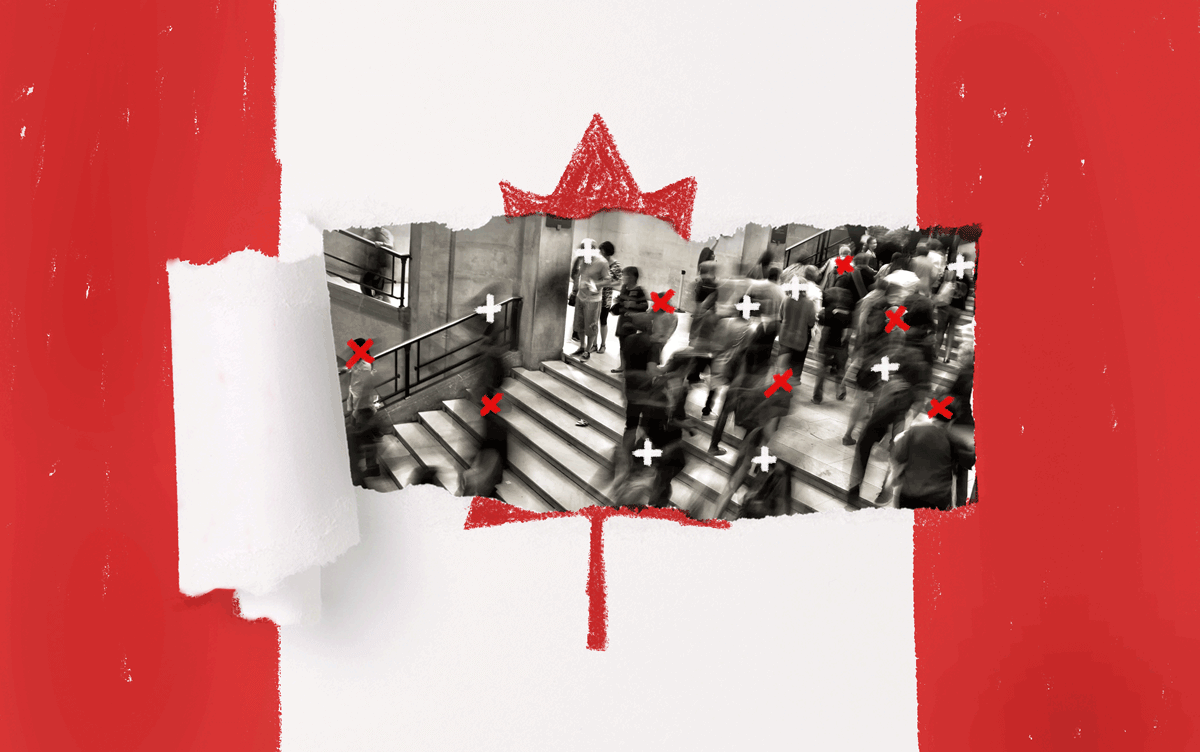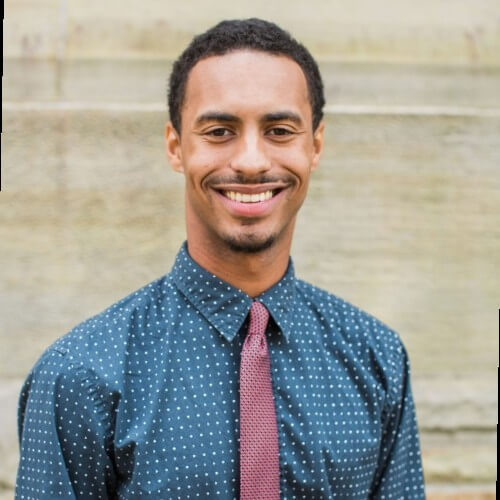Race in the Trump Era: Coming to Grips with Canada’s Own Racial Past and Present
“I’m moving to Canada!”
As a Canadian attending college in the United States, this is a phrase I’ve heard many times from Americans. They seem to always threaten to move to Canada when things are not going their way. I had gotten used to telling Americans that I was Canadian and hearing them joke about moving to Canada. I would laugh and follow up by making a comment about free health care. During the election season last year, I began to hear this phrase, “I’m moving to Canada,” more and more as Donald Trump gained momentum and then surprisingly became the 45th president. His anti-immigration stance and refusal to disavow White supremacists only heightened the sense that Canada could be a beacon for Americans seeking a more racially and socially just society. Then I began to take exception to Americans making this proclamation.
What made this time different was less about what was happening in the US and more about how Canada was being portrayed as a sanctuary of liberalism, inclusivity, and above all multiculturalism: the very antithesis of Donald Trump. When I would return to Canada over breaks, Canadians seemed to take pride in being the new liberal saviour of the world.
I was often asked, “So how is it being in the US during the current political climate?” Sometimes the person sincerely wanted to know what it was like to be immersed in living history, akin to being a teenager during the late sixties. Most of the time, Canadians were really asking, “As a black person, do you feel safe in a racist country?” with the expectation that I would gratify them with a response along the lines of, “It’s hard, I’m glad to be back in Canada where I am safe and respected”. That is the answer Canadians want but it is not the answer I give.
Frankly, I find it infuriating that Canada is being self-congratulatory while Black Canadians are being forgotten, undercut, and oppressed by our racist systems. Canada is imagined as an inclusive and benevolent nation; a safe haven for marginalized groups as the world becomes increasingly more exclusive. Toronto is praised as the epicenter of multiculturalism. Privileged Canadians – more often than not, White and/or middle to upper class, heterosexual individuals – constantly speak about the exchange of cultures that occurs in Toronto through festivals and living in proximity to other ethnicities. But if this is an exchange, then Black people have been, as Somalian youth would say, ‘kawaled’. Ripped off.
Plainly stated, the benefits that White Canadians receive from multiculturalism, Black Canadians do not.
To those defending multiculturalism I ask, how did multiculturalism protect Dafonte Miller, a black youth a year younger than me who lost his eye after being beaten with a metal pipe by a police officer? Where was Canada’s benevolent multiculturalism for Charline Grant, a black mother that was called ‘N—–’ by a trustee of the York School Board while trying to advocate for her son? How are newcomer Black Canadians benefiting from multiculturalism when they are deskilled by a discriminatory labour market that refuses to acknowledge their previous employment experiences because it is not Canadian experience? All these examples of racism occur right here in our “inclusive multicultural city”. Toronto’s multicultural exchange is, more often than not, one-sided.
Multiculturalism does not address systemic racism but it does provide labour, entertainment, and the allusion of culture to “real Canadians”. Multiculturalism does not address systemic racism, nor does it allow for the space and language to talk about racism and oppression. Instead, we are forced to ‘celebrate’ our cultures in often superficial and essentializing ways.
Yes, the president of the United States is an orange, racist demagogue that has a base of White supremacists but these racial issues have always existed. Trump just helped to shine a light on them and magnify them. The country is now forced to face these racial issues. As white supremacists become increasingly bolder in their hatred, the boldness of resistance has increased as well.
Just like in the United States, anti-Black racism is a part of Canada’s fabric too.
Trump’s presidency does not make us Canadians progressive by default. We rightly abhor the rhetoric of Donald Trump and his supporters but wrongly ignore our racial past, pretending that racism stops at the border. So how did our inclusive multicultural nation react when that same White supremacist rhetoric was being used within our borders? We passively addressed it and continued turning our attention southward. In Canada, we attempt to keep racism at an arm’s length. That is a luxury White Canadians have, to say, “I don’t want to be around all that racist stuff”. Dafonte Miller didn’t have that choice; Charline Grant didn’t have that choice; I don’t have that choice; the black people in this country don’t have that choice. It’s time for Canadians to take action.
In fact, I am hopeful that most Canadians have good intentions, but are simply not as aware of Canada’s own racist history, and how racism and oppression are still prevalent today. This summer was reassuring for me that there is political will to address these systemic issues as I attended and participated in community-engaged sessions organized by the Ministry of Children and Youth Services as part of the recently launched Ontario Black Youth Action Plan, a four-year, $47 million plan that will address the disparities in outcomes from anti-Black racism that Black children and youth in Ontario experience.
I am looking forward to coming back to Canada after college and helping build a country that could truly be a world leader in inclusivity and diversity. But as for multiculturalism, you can forget that. I want more for all Canadians. I want justice, equity, and compassion in our human relations.
1 I acknowledge that other marginalized groups in Canada, such as Indigenous peoples, also face significant oppression within Canadian systems. This blog post is a personal reflection, and, as such, is focused on the black experience.


